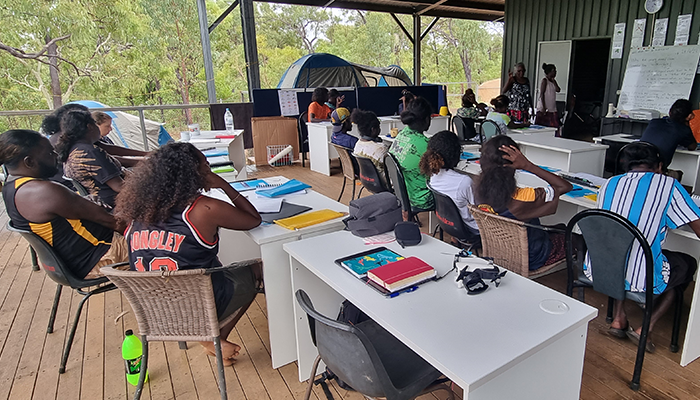As the outdoor music festival season begins, researchers from Macquarie University’s Hearing Hub are continuing to recruit volunteers who have lived, worked, and enjoyed noisy environments for their study looking at how everyday noise exposure affects people’s hearing.
The study is looking into why it is that a proportion of people who report difficulty with everyday listening, particularly understanding speech in background noise, are found to have clinically normal hearing when tested. There is evidence to suggest that this type of hearing loss could be due to loud noises damaging the small hair cells that carry sound signals from the ear’s cochlear to the brain. In light of this, researchers will test volunteers for this particular type of hearing loss, in the hope of understanding more about how the condition occurs.
“We are looking for people with a history of noise exposure from work and/or leisure. For example, fire fighters, factory workers, bar staff, pilots, transport workers, landscapers, and builders are all examples of people who may have experienced noise exposure on the job. Also, people with substantial leisure noise exposure could include clubbers, motorbike riders, or motorsports enthusiasts,” explained Dr Elizabeth Beach, from the National Acoustic Laboratories (NAL) located in the Hearing Hub.
Participants need to be between 30 and 55 years of age, and will be asked about their lifetime noise exposure history in an online survey that will take about 20 minutes. They will then be asked to attend a 3.5 hour lab appointment at the Macquarie University Hearing Hub (North Ryde campus), where the researchers will run a series of listening tasks to determine whether there is a correlation between a participant’s noise exposure and their auditory functioning. Participants can be provided with a written report about their hearing (including the results of their audiogram), and will also receive $40 for their involvement.
“If this study does find that these small hair cells are damaged by exposure to loud noise, it will have important implications for noise policy at public events, entertainment venues and the workplace,” concluded Dr Beach.
The study will continue until June 2016.
If you would like to be involved please express your interest via email to the researchers at this address: prevention@nal.gov.au
The study is looking into why it is that a proportion of people who report difficulty with everyday listening, particularly understanding speech in background noise, are found to have clinically normal hearing when tested. There is evidence to suggest that this type of hearing loss could be due to loud noises damaging the small hair cells that carry sound signals from the ear’s cochlear to the brain. In light of this, researchers will test volunteers for this particular type of hearing loss, in the hope of understanding more about how the condition occurs.
“We are looking for people with a history of noise exposure from work and/or leisure. For example, fire fighters, factory workers, bar staff, pilots, transport workers, landscapers, and builders are all examples of people who may have experienced noise exposure on the job. Also, people with substantial leisure noise exposure could include clubbers, motorbike riders, or motorsports enthusiasts,” explained Dr Elizabeth Beach, from the National Acoustic Laboratories (NAL) located in the Hearing Hub.
Participants need to be between 30 and 55 years of age, and will be asked about their lifetime noise exposure history in an online survey that will take about 20 minutes. They will then be asked to attend a 3.5 hour lab appointment at the Macquarie University Hearing Hub (North Ryde campus), where the researchers will run a series of listening tasks to determine whether there is a correlation between a participant’s noise exposure and their auditory functioning. Participants can be provided with a written report about their hearing (including the results of their audiogram), and will also receive $40 for their involvement.
“If this study does find that these small hair cells are damaged by exposure to loud noise, it will have important implications for noise policy at public events, entertainment venues and the workplace,” concluded Dr Beach.
The study will continue until June 2016.
If you would like to be involved please express your interest via email to the researchers at this address: prevention@nal.gov.au



